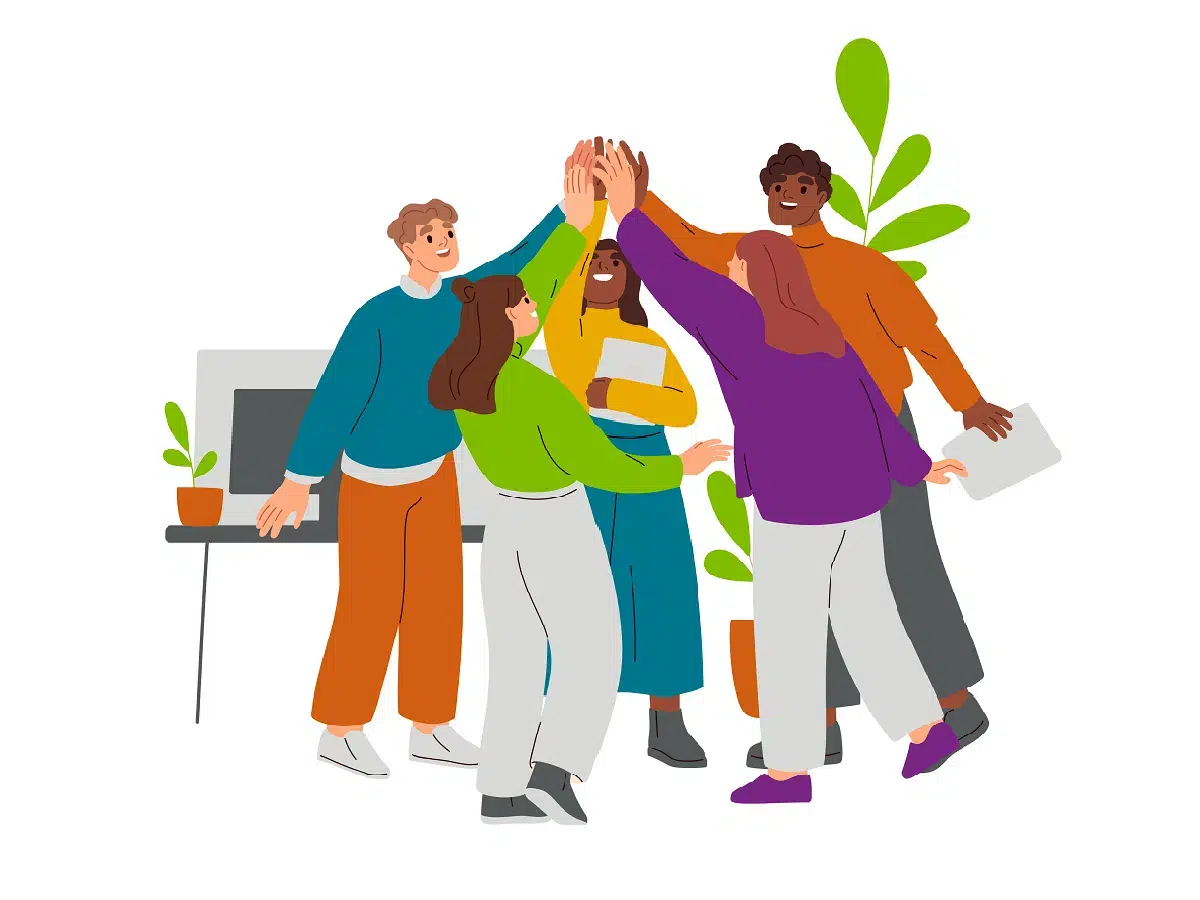
Employee-driven giving: The future of corporate philanthropy
At Global Impact Ventures (GIV), we know that corporate philanthropy isn’t just about giving money – it’s about empowering employees to drive meaningful change. Our Campaign Engagement team helps companies design philanthropy that centers employees, bringing both your company’s vision
